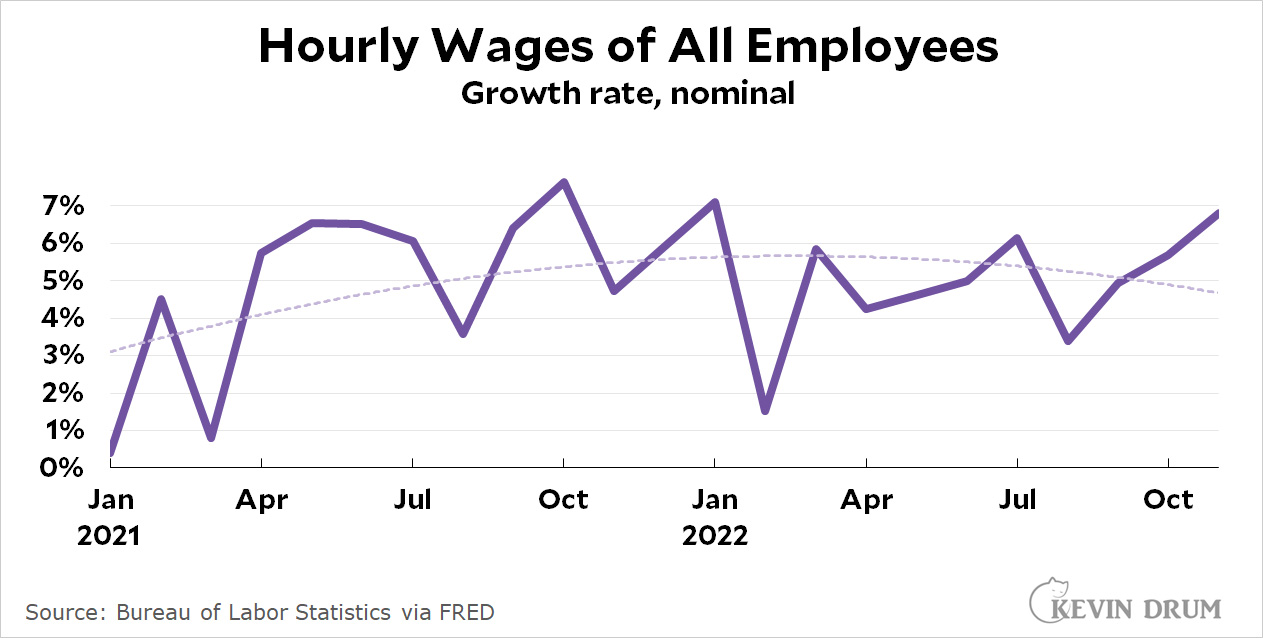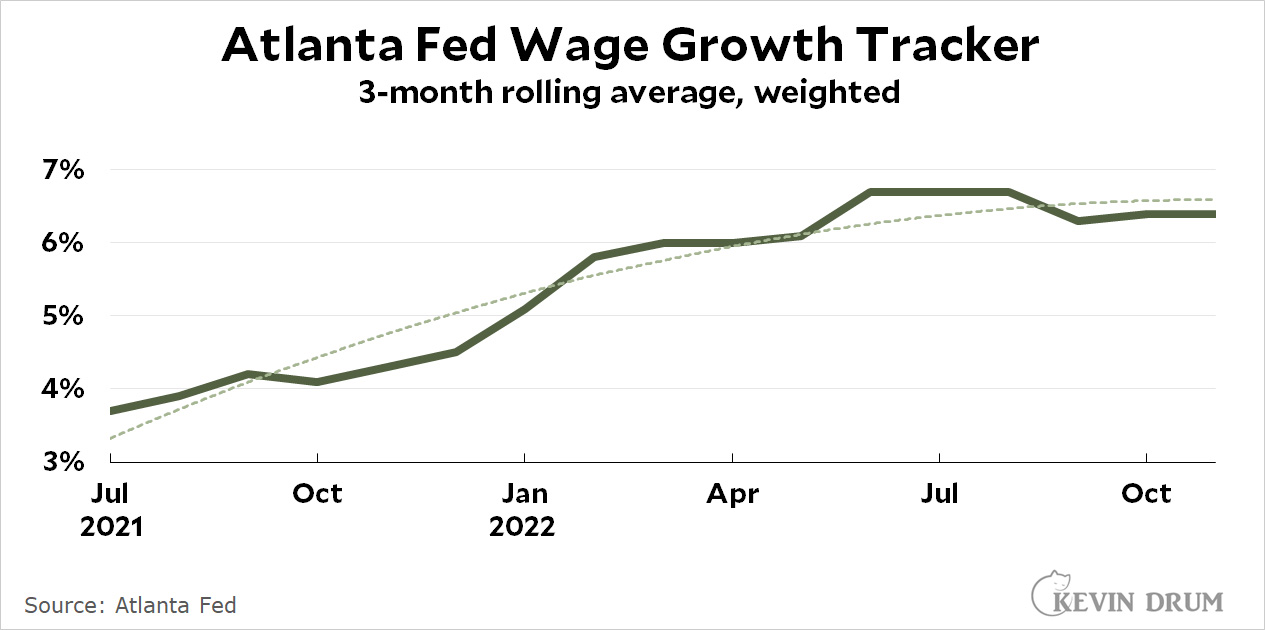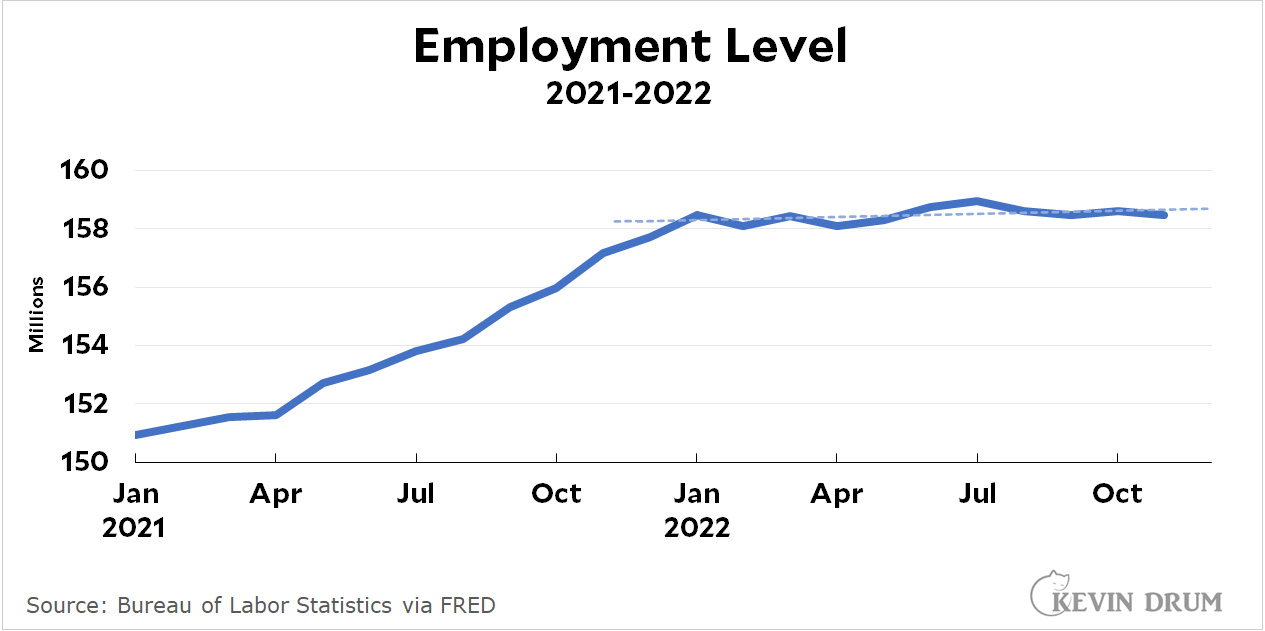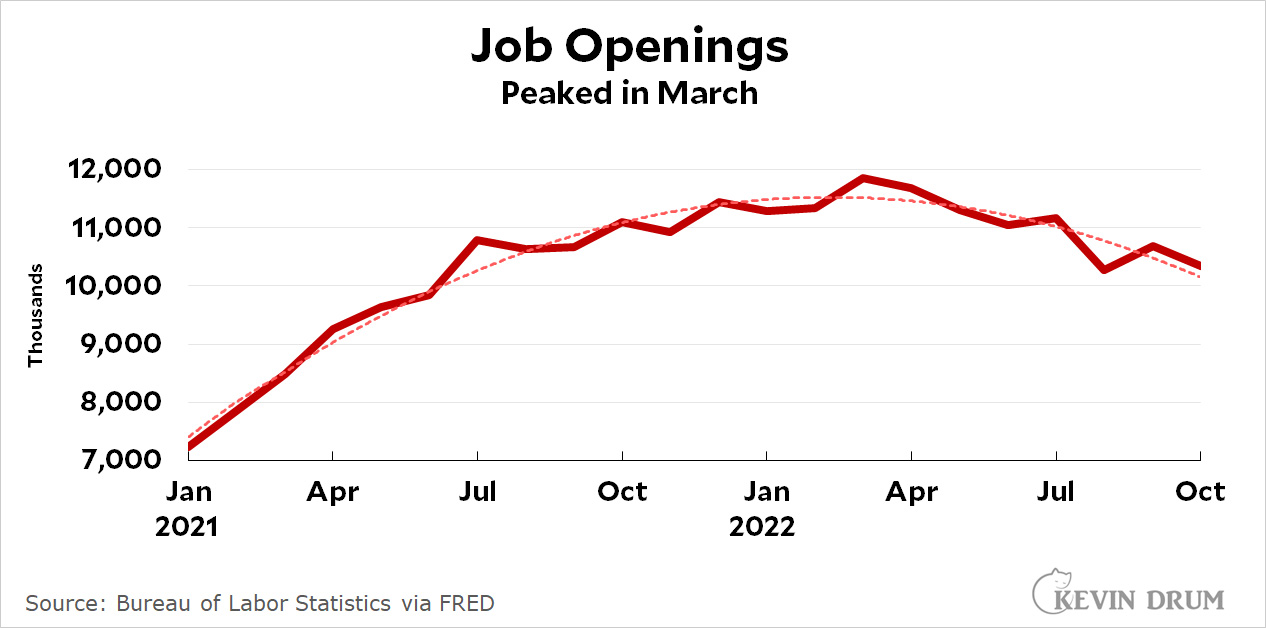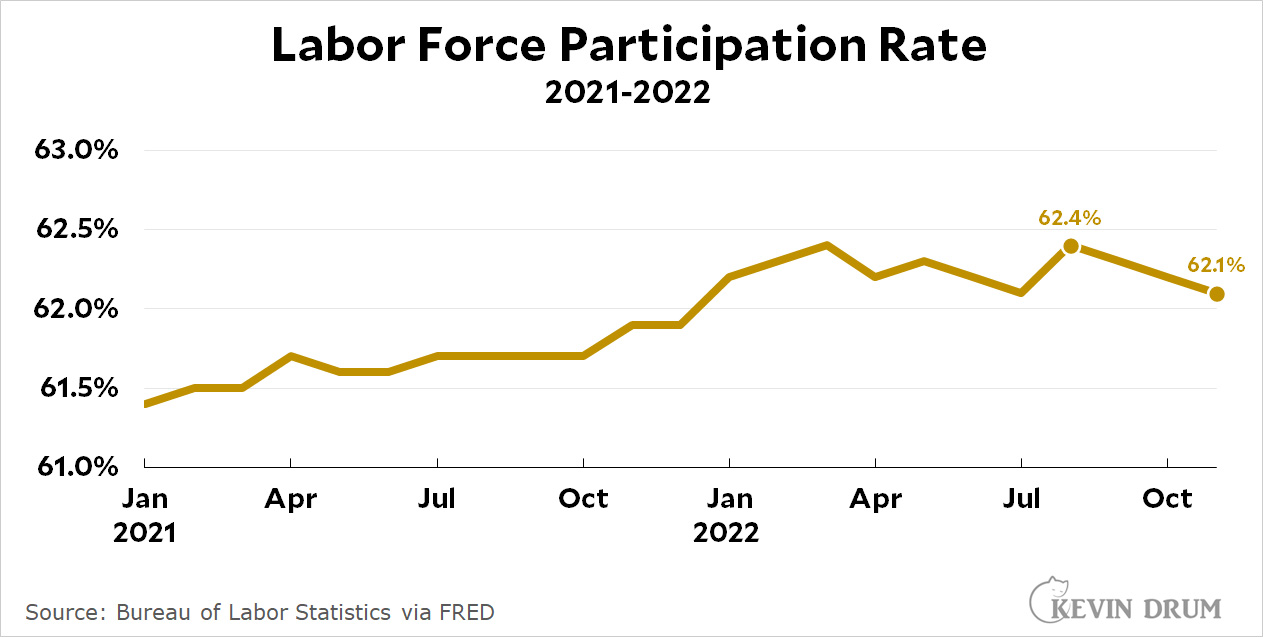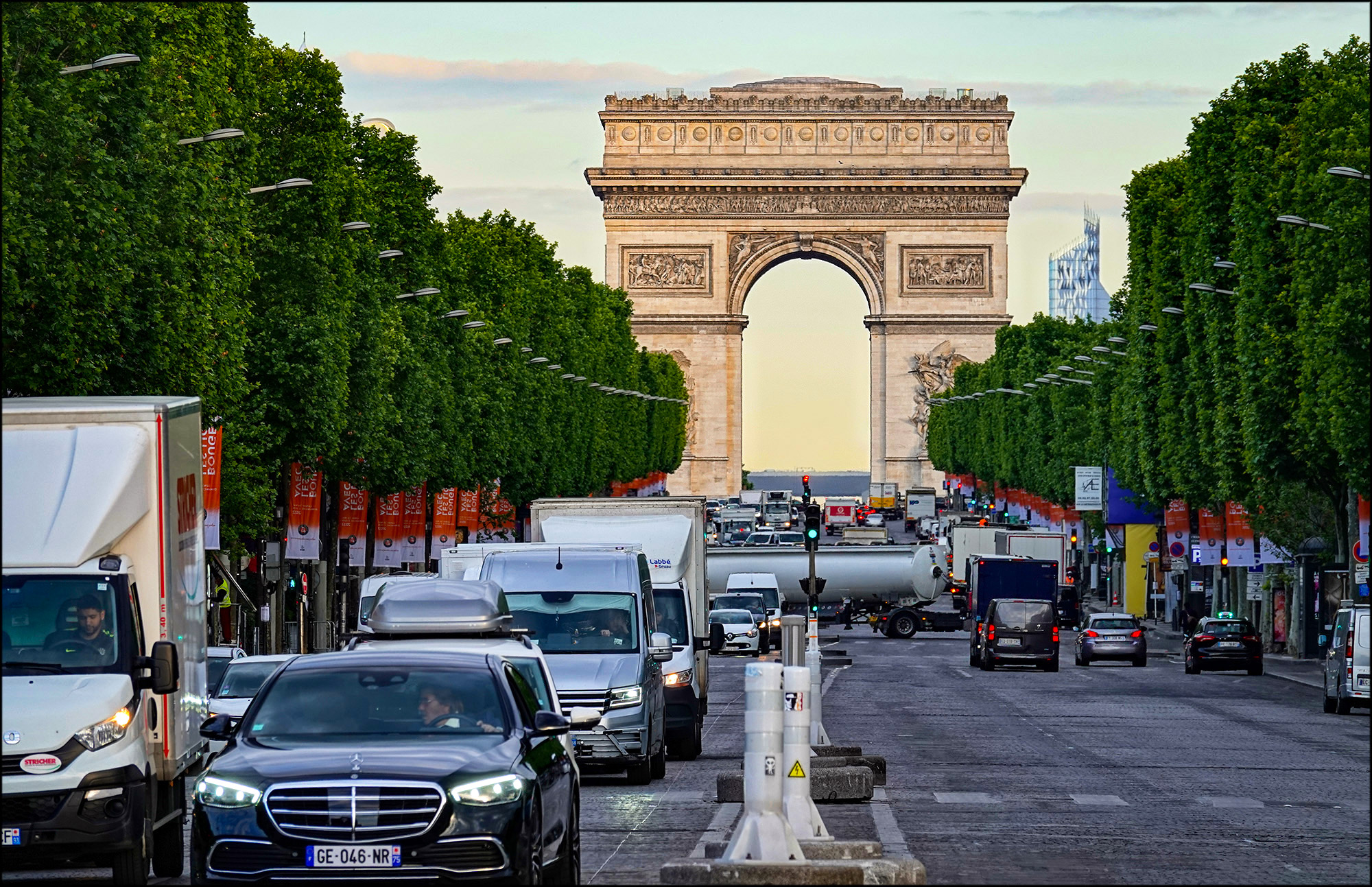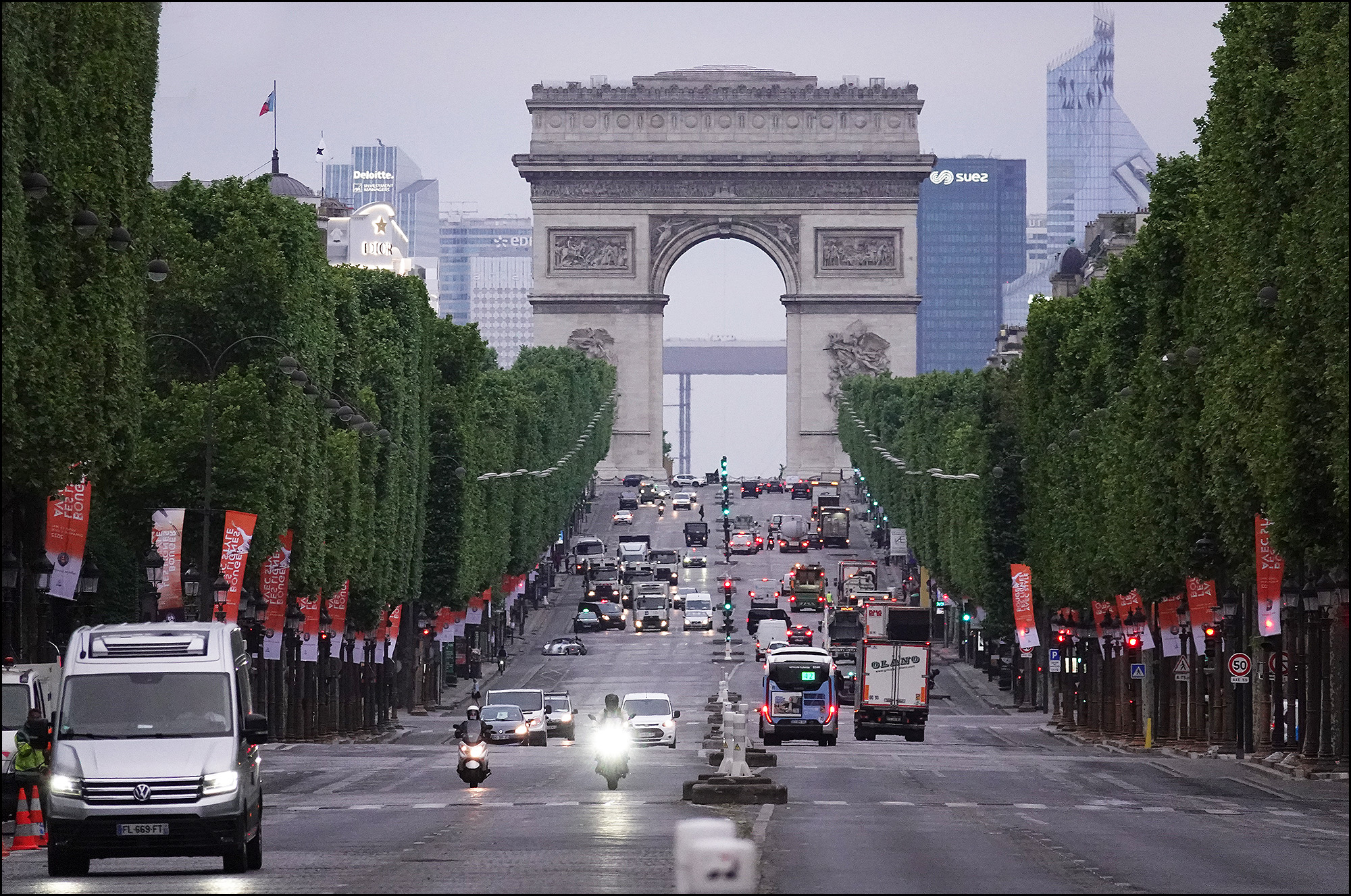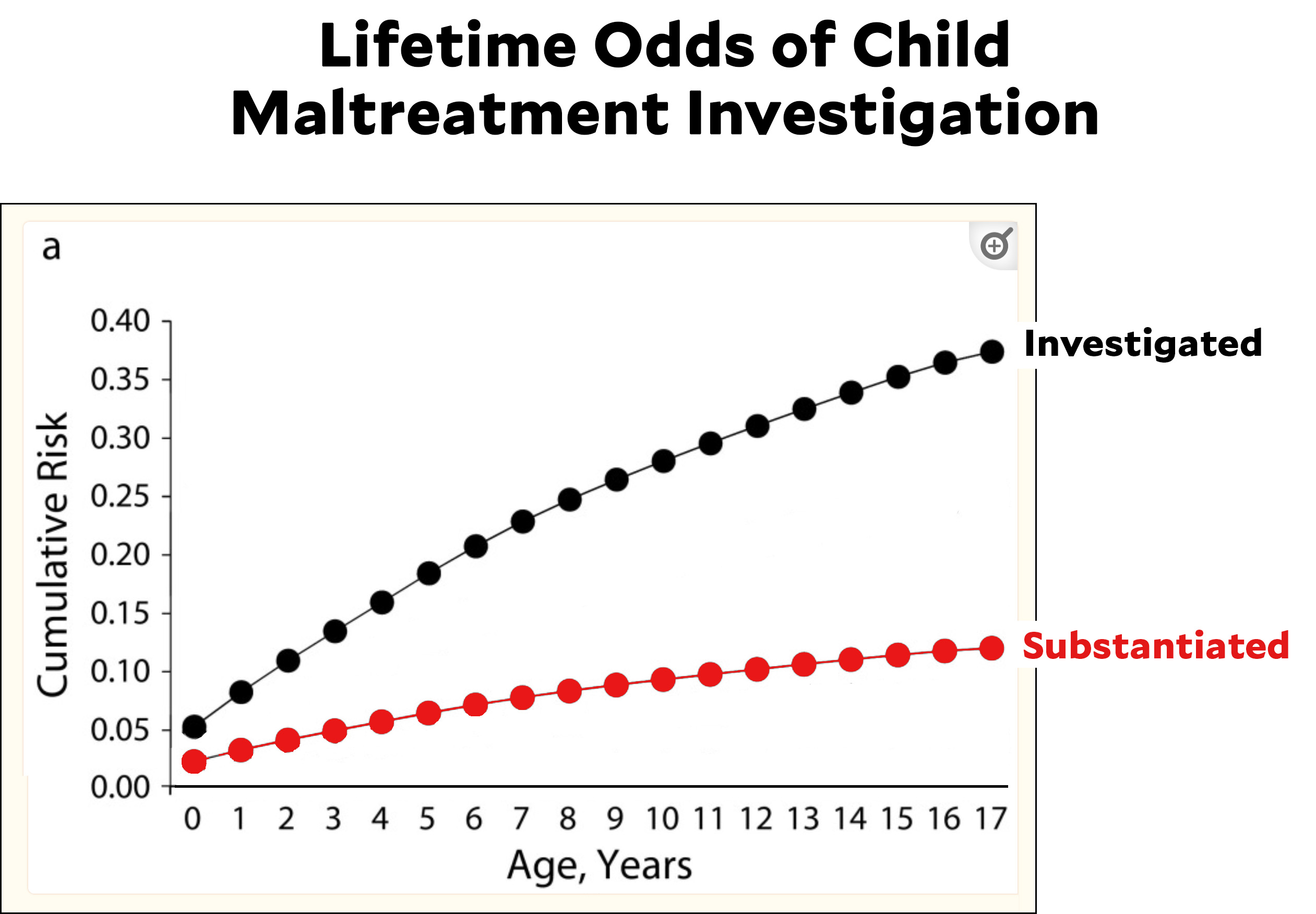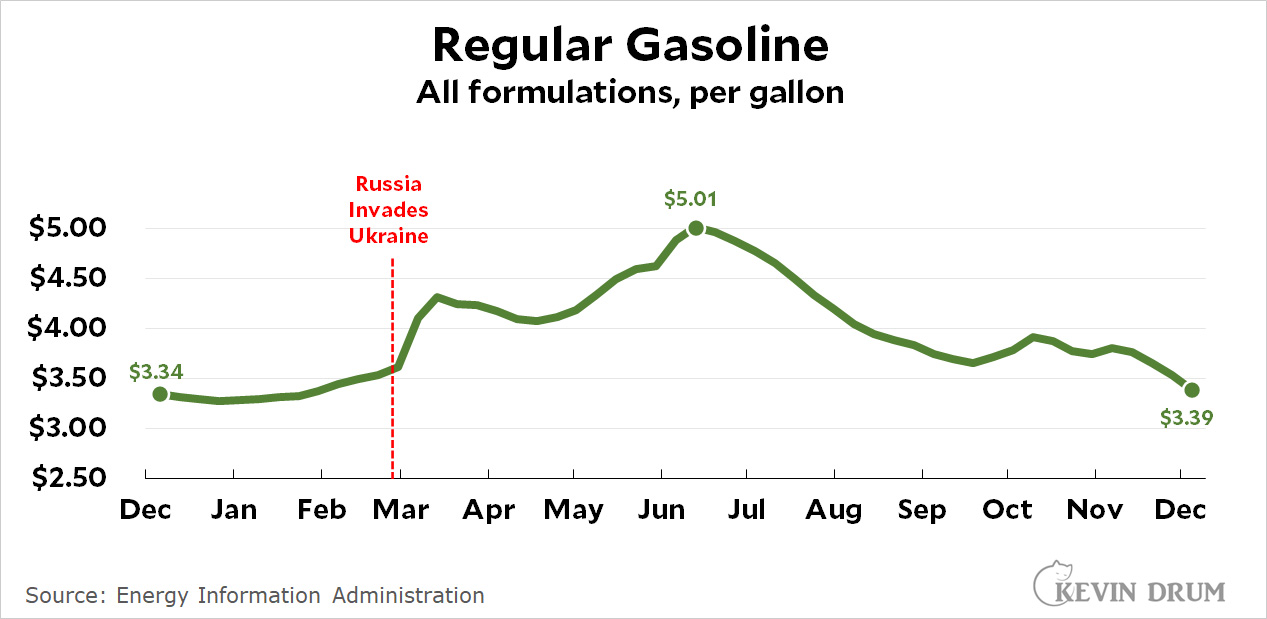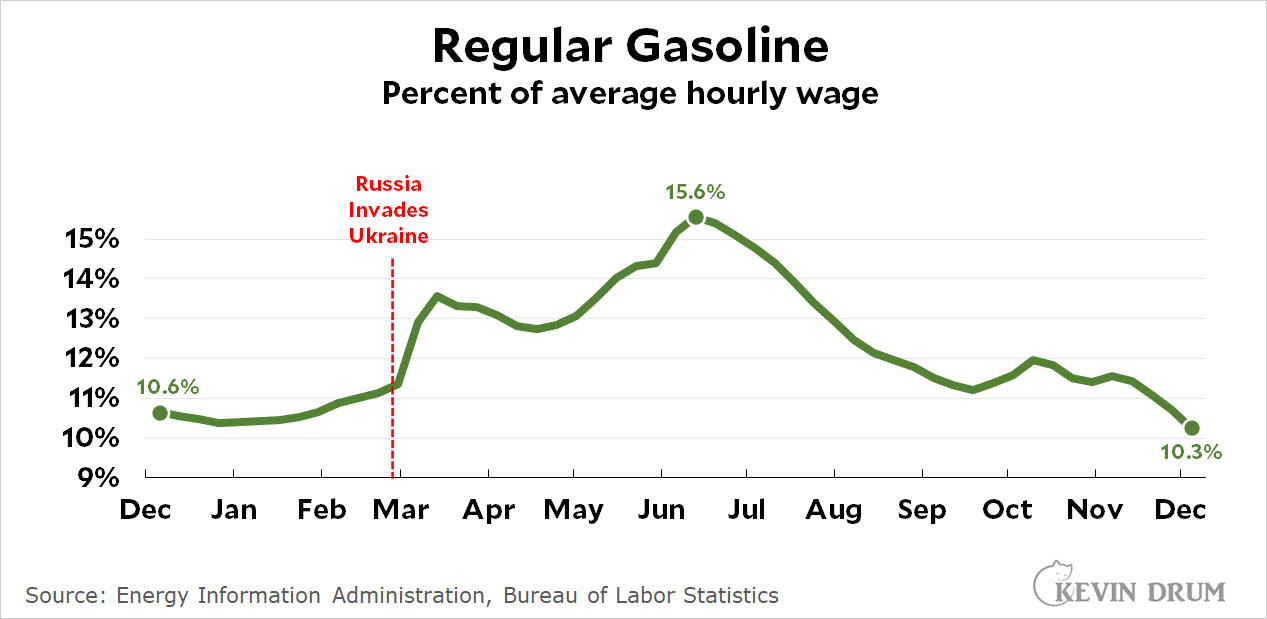During the early and mid-aughts, I heard endlessly about the power of Facebook over the news industry. But I was working remotely in Southern California and the Mother Jones newsroom was in northern California, so I heard about it only at a remove. (Plus what I read about it, of course.) My takeaway was that Facebook was mainly an economic problem because it took a lot of traffic away from our site. Less traffic meant less advertising, and that was a big problem since hardly any sites had found the key to profitability and certainly couldn't afford to have some of it siphoned away by Mark Zuckerberg.¹
There was also the problem that Facebook changed its direction every year or two and that meant all of us minnows had to adjust. When Facebook sneezed, we caught a cold.
But Matt Yglesias, one of the founders of Vox, writes that Facebook also created an entirely different problem:
Even in retrospect I don’t really understand why this was the case, but objectively speaking, hard-core identity politics and simplistic socialism performed incredibly well on Facebook during this period. That doesn’t mean journalists started pretending to be left-wing to get clicks. But people who had some authentic left-wing opinions found that writing on the subjects where they were the most left tended to generate the most traffic, and early career journalists with authentic leftist views outperformed their colleagues. So you ended up with this whole cohort of discourse structured around “Is Bernie Sanders perfect in every way or is it problematic to vote for a white man?” as the only possible lens for examining American politics and society.
I was entirely protected from this because I never looked at site statistics and no one at Mother Jones ever asked me to. If I were a younger journalist, I would have done this almost automatically because I had a career ahead of me and I needed to make sure I understood what kinds of stories were popular. Those were the ones that might help me get ahead, after all.
In any case, I assume the answer to Matt's question about the Facebook effect is fairly straightforward. This is a little less true now than it used to be, but it's pretty common knowledge that Facebook discovered early on that outrage was the emotion that kept people engaged and kept them coming back. So their algorithms were tuned to focus on posts that created outrage. In the political world that means hard left and hard right.
I assume that our editorial colleagues on the conservative side faced similar pressures from Facebook in the opposite direction. So we ended up with small but influential cadres of insane wokeness on the left and big influential cadres on the right who produced Donald Trump.
Things were always worse on the right because Facebook never had as much control there. Fox News was the big kahuna, and they controlled the outrage. Unluckily for all of us, they preferred more outrage than Facebook. That was their business from the start, after all, not just the bloodless consequence of geeks tuning an algorithm to get more hits.
Dialing down this outrage is the task of the rest of the decade. We just have so many bigger fish to fry than whether critical race theory is taking over our kindergartens or cutting early voting by three days is bringing back Jim Crow.
But I don't know how we're going to get there.
¹As an aside, it's ironic that the rare exceptions are almost all obscure trade journals or avatars of The Man: Politico, Axios, the New York Times, the Wall Street Journal. As usual, the internet hasn't empowered dissident voices nearly as much as it's entrenched establishment ones.
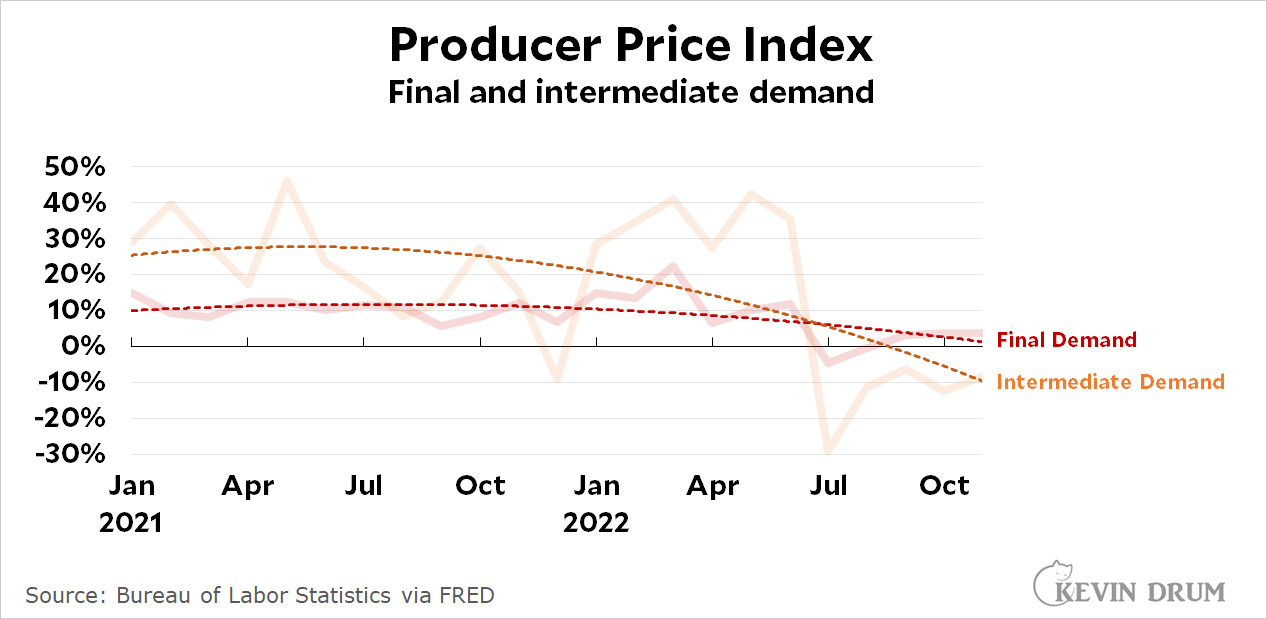 The PPI for final demand fell slightly to 3.6%. (As usual, this is the month-over-month change converted to an annual rate of change.) The intermediate demand index came in at -8.3%.
The PPI for final demand fell slightly to 3.6%. (As usual, this is the month-over-month change converted to an annual rate of change.) The intermediate demand index came in at -8.3%.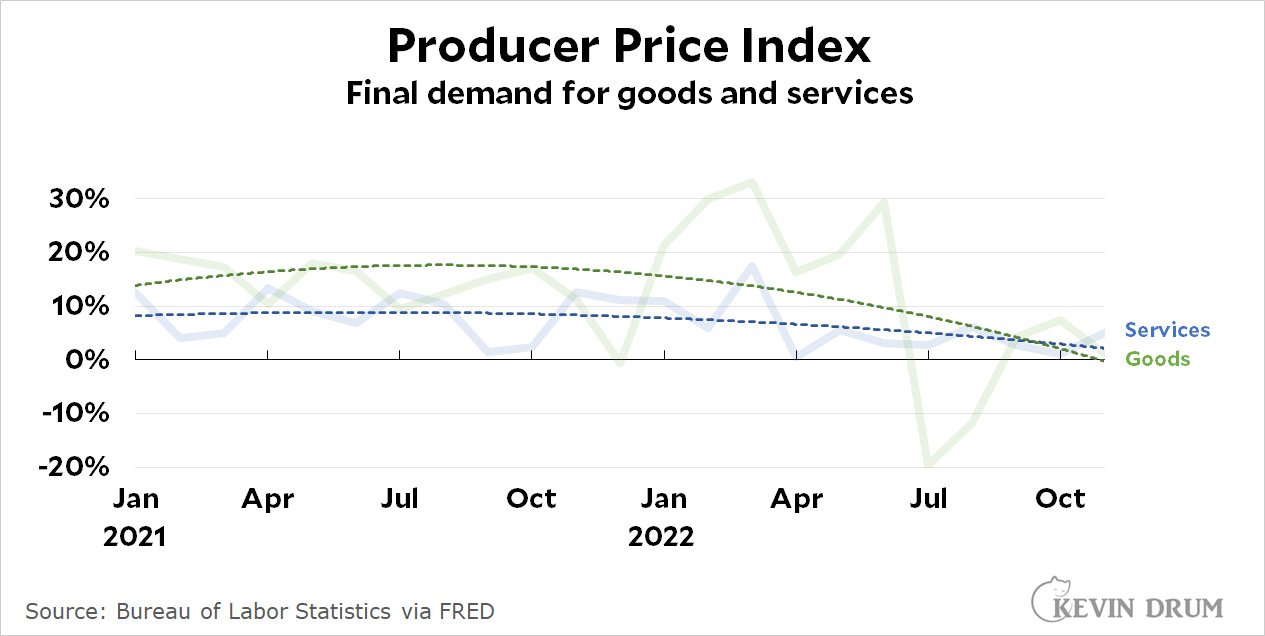 Services are generally a little less volatile than goods, and the annualized inflation rate for services clocked in at 5.0% in November, higher than the previous two months. Inflation for goods dropped to 1.2% in November. In both cases, the trendline remains strongly downward.
Services are generally a little less volatile than goods, and the annualized inflation rate for services clocked in at 5.0% in November, higher than the previous two months. Inflation for goods dropped to 1.2% in November. In both cases, the trendline remains strongly downward.
